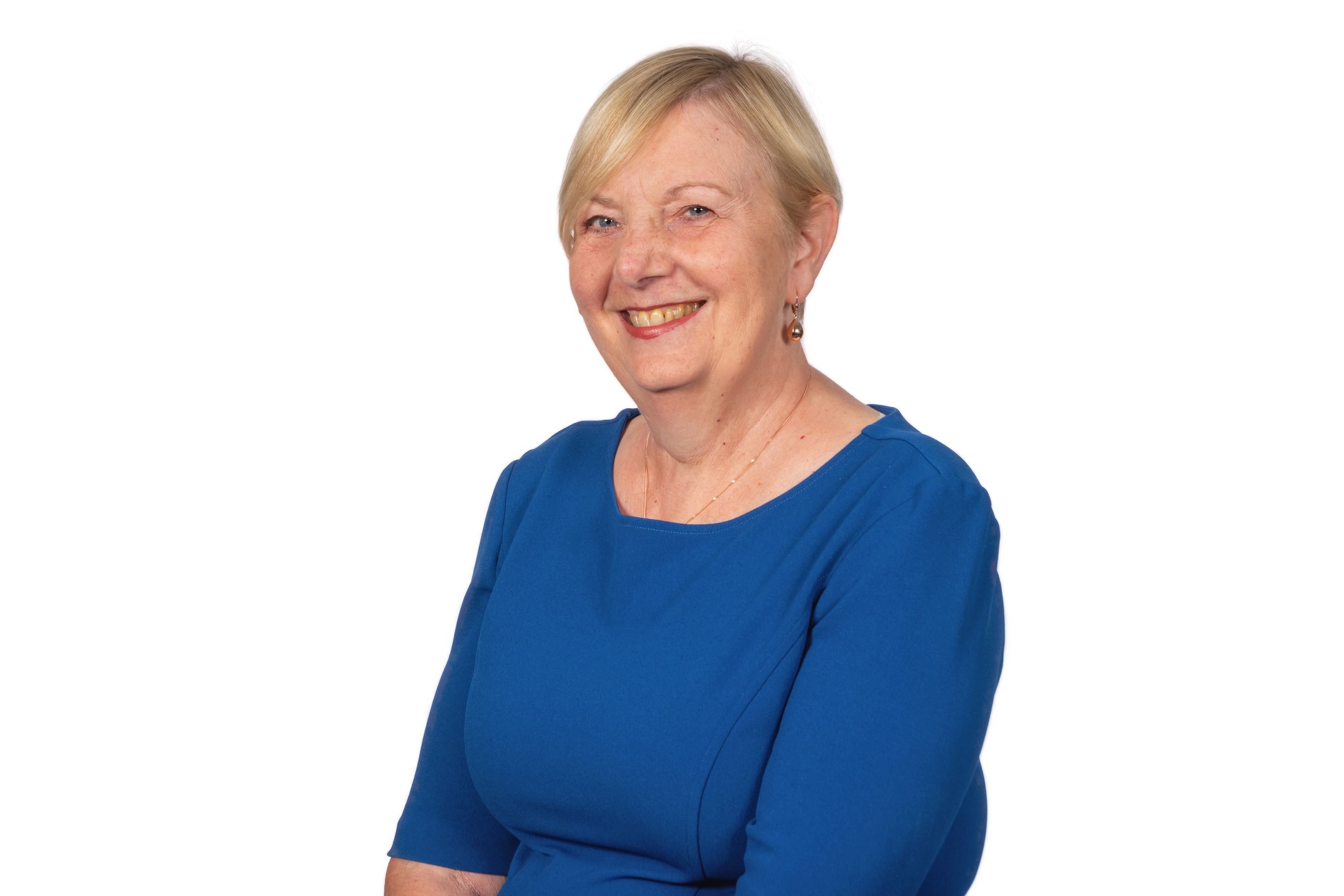The CHALLENGE Trial. A Phase III Study of the Impact of a Physical Activity Program on Disease-Free Survival in Patient with High Risk Stage II or Stage III Colon Cancer: A Randomised Controlled Trial (#330)
Aims:
Our aim is to determine the efficacy of physical activity (PA) in reducing disease recurrence in patients with localised colon cancer. Our primary hypothesis is that a PA program will improve disease-free survival (DFS) in patients with resected stage II and III colon cancer who have completed adjuvant therapy. In addition, we hypothesise that PA can improve fatigue, quality of life (QOL), physical functioning and body composition.
Methods:
A multi-centre phase 3 RCT between Australia and Canada. Subjects are randomised to a PA program or standard of care. The primary objective is to compare DFS between patients in PA and control arms. The main secondary objectives are to compare: 1. fatigue, QOL, depression, anxiety, sleep, body composition, PA behaviour and fitness; 2. overall survival (OS); 3. association of cytokines, and insulin axis levels with PA, fatigue, and DFS. 4. Health Economics evaluation of the PA intervention. The study intervention is a 36-month physical activity programme aiming to achieve > 10 metabolic equivalents/week above baseline compared to usual standard of care. Study assessments include: Disease status, fitness, PA, body composition, QOL questionnaires at 0/6/12/18/24/30/36 months. Then annual patient reported outcomes and disease status until study closure.
Current Status:
CHALLENGE recruitment stands at 231 participants randomised (61 in Australia and 170 in Canada) of a planned 972. Within Australia, there are 24 active sites. The study investigators are actively working with clinicians in New Zealand, United Kingdom and Israel to collaborate in the study.
 COSA 2013*
COSA 2013* 